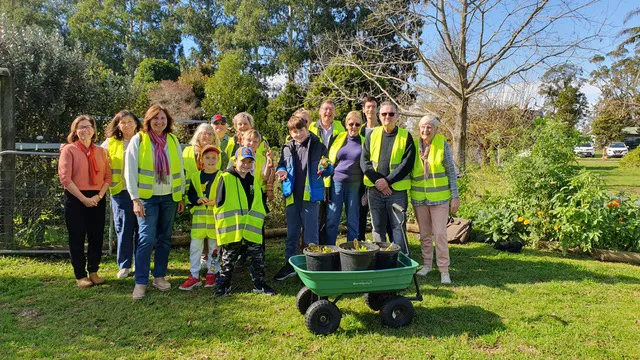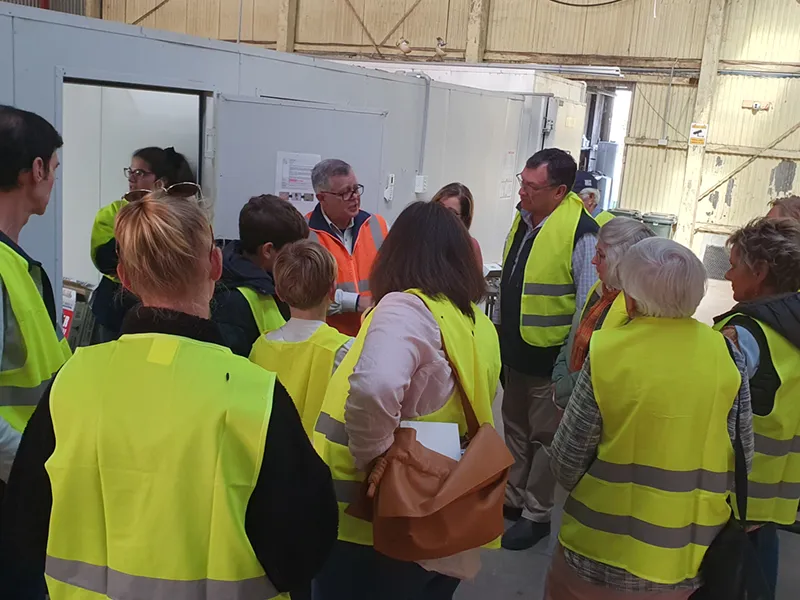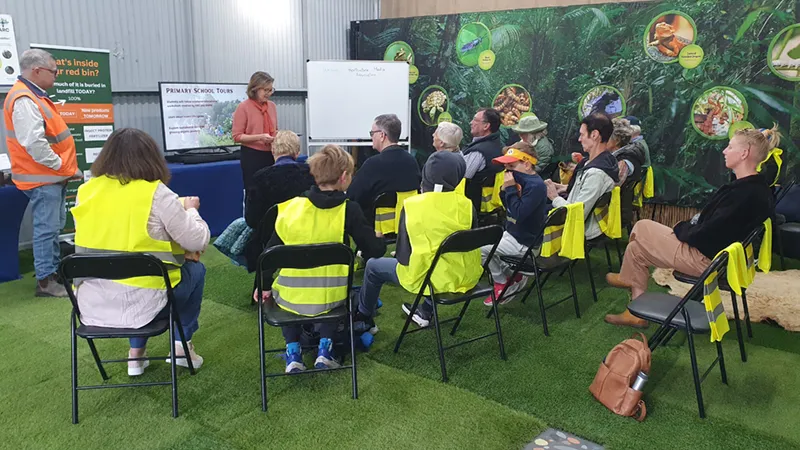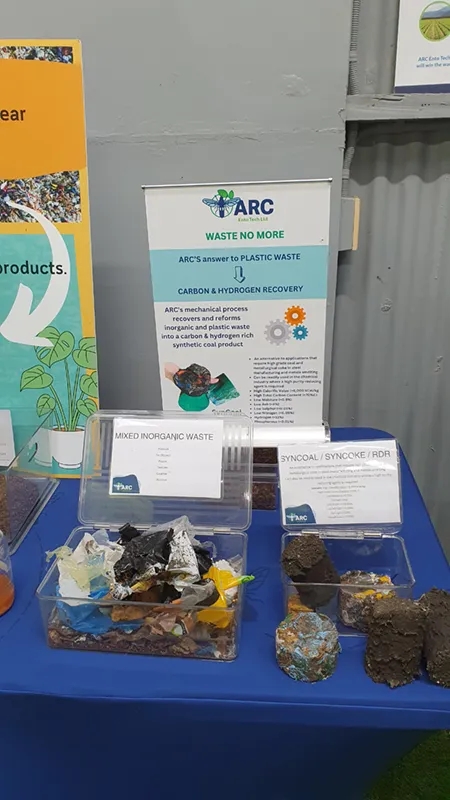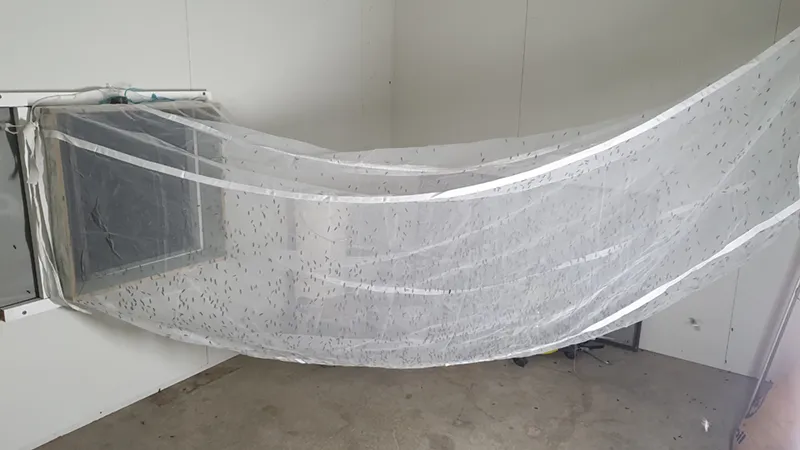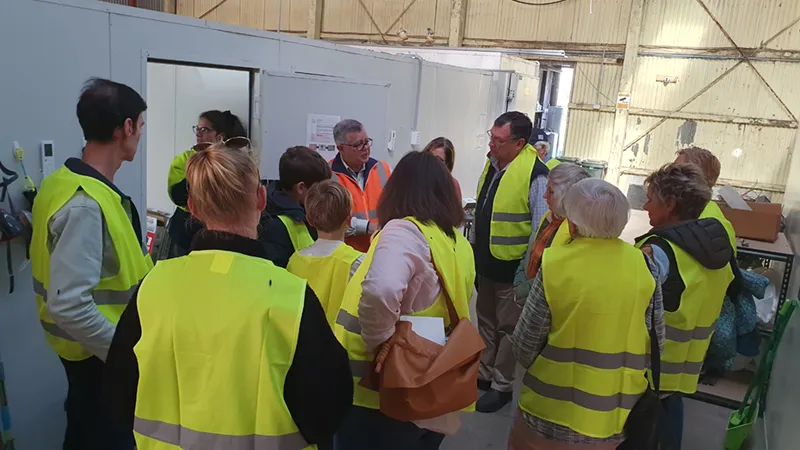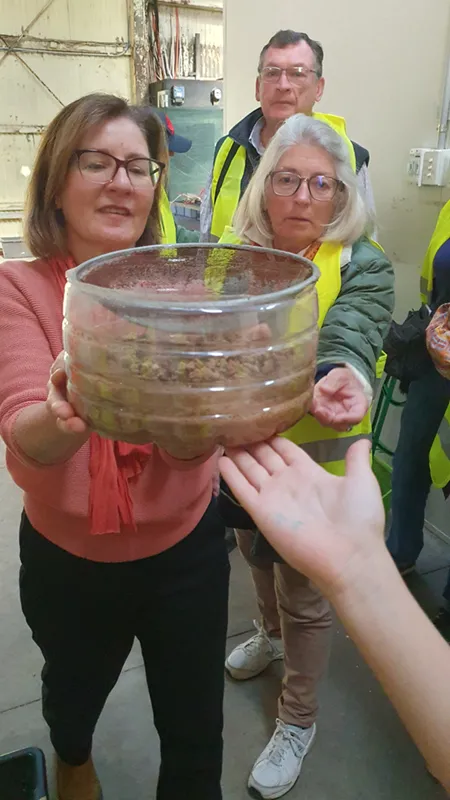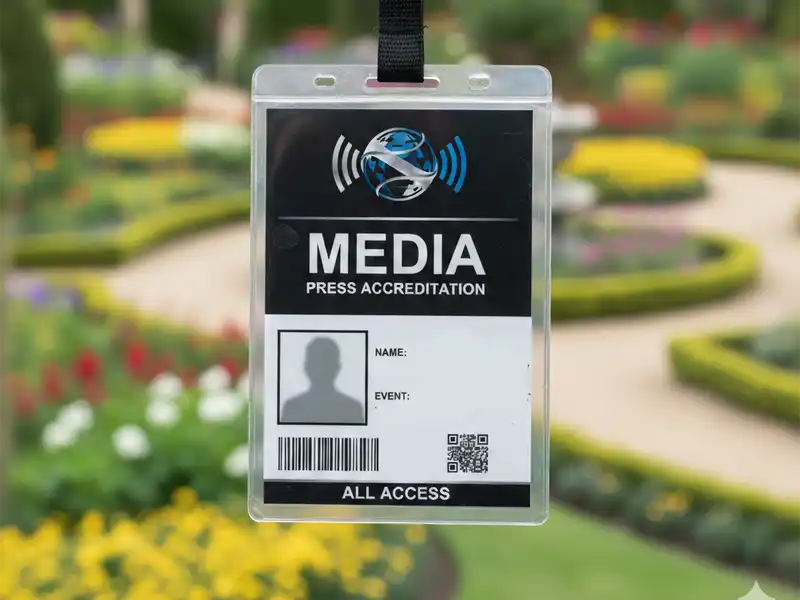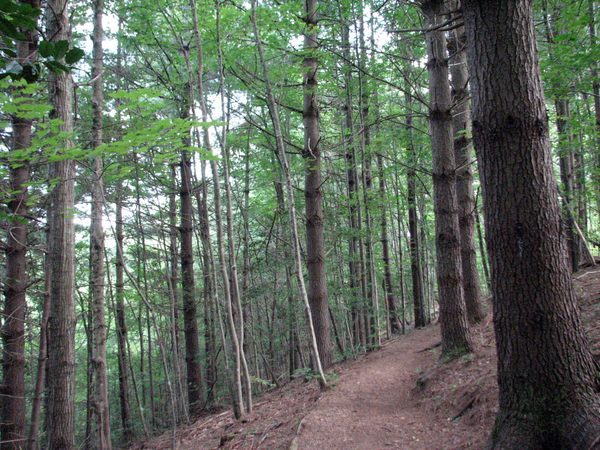Click on any image to enable the lightbox
ARC Ento Tech Tour, Somersby NSW
Members of the HMAA visited ARC Ento Tech at Somersby in New South Wales to discover the latest in pollinator breeding. Toni Salter reports. Photographs Toni Salter.
Finally, there is a glimmer of hope shining through the clouds of potential environmental doom. While climate anxiety soars, we can at least take heart from the innovative steps of ARC Ento Tech to make the world a better place for our grandchildren.
No longer shall we look at our consumer waste in the same way. With a mindset of ‘resource recovery’, there is a way to turn discarded waste and problematic plastics into rich fertiliser for gardens and a sustainable energy source to help power the nation. And it all happens with the help of a tiny unsuspecting insect, the black soldier fly (BSF) (Hermetia illucens).
It probably all sounds like an unbelievable claim, an unachievable goal and pie-in-the-sky idealism, but HMAA members attending last week’s ARC Ento Tech facility tour have come away with their minds blown, brimming with positivity for the future.
As a society, we are generating more waste than we can adequately dispose of. Too much of what we throw away is still being sent to landfill, and new landfill sites are becoming harder to find. Waste in landfill generates residual greenhouse gases and acid leachate that can pollute the environment. The need to address effective waste management by local government is becoming critical.
The problem is being addressed in an innovative way at ARC Ento Tech with the talents of two brothers, one a former miner and the other an entomologist.
Our tour of the ARC Ento Tech facility started in the insect hatchery where we learnt how much more efficiently BSF can compost organic waste than traditional composting methods. With an Australian first and a patented process, ARC’s bio-digester uses BSF larvae to consume all digestible organics to create highly marketable insect meal (high protein pet and stock food) and nutrient-rich compost.
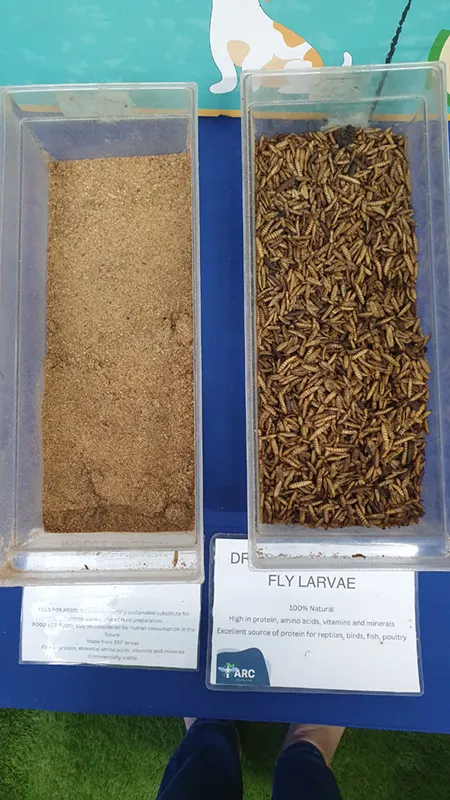
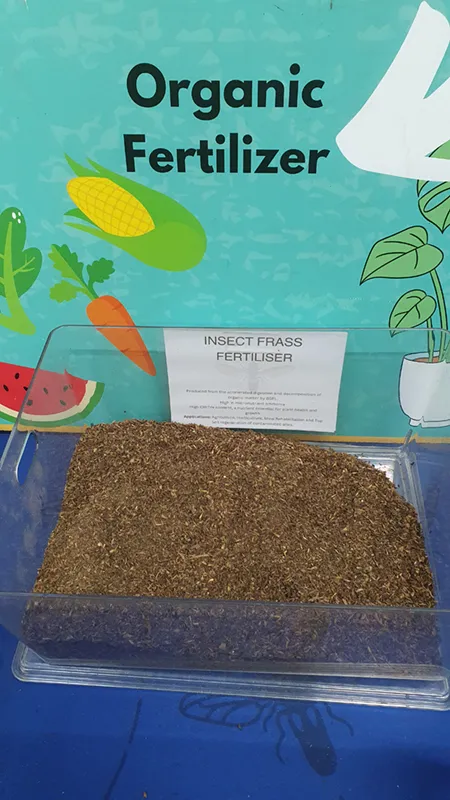
Planting trials with Scotts and Evergreen have grown seedlings twice as fast when using the insect frass. Analysis has shown healthier plant growth due to the diverse micronutrient composition of the ARC products. The same nutrient profile can’t be achieved synthetically and the BSF process has an anti-viral, anti-bacterial effect, giving natural pasteurisation of mixes. The insect protein also provides complete amino acids allowing effective nutrient absorption.
The power of the fertiliser was seen at the adjacent organic community garden where fresh produce is grown and donated to local charities. The community garden is run by SWAMP Central Coast and brings together people with a similar mindset who want to learn how to grow food. Members include local indigenous and disability groups.
You might think that waste management is already moving in the right direction with FOGO (food and organic waste) systems currently being managed by local councils across Australia, but the reality is disappointing. Much of the compost that is being produced by FOGO systems is still contaminated by inorganic materials and plastics so cannot be used widely because of EPA guidelines. Anything that is contaminated is again sent to landfill.
Likewise, we have an extensive recycling program for plastics, glass and steel but compliance is not as high as it could be. Any recyclable plastic jars with food in them still end up in landfill because it is too expensive for companies to separate organic from inorganic waste.
This is where ARC Ento Tech is also making a real difference as it can deal with mixed waste.
On the tour, we pass by a pallet loaded high with jars of unopened peanut butter that has passed its expiry date and would otherwise be sent to landfill. Next to it is a crate of bio-waste/manure.
ARC is using BSF larvae to clean the plastic jars of peanut butter after they are crushed and sent through the processor. Unlike conventional cleaning methods, BSF eliminate all signs of organic matter and remove greasy residues from the plastic. What’s left is sorted, collected and then turned into a synthetic coal that can be used by the steel industry or as reformed plastic that is used in eye surgery.
The difference with ARC Ento Tech and other BSF composting facilities is that their processors are located at waste collection sites, eliminating the cost for transport of waste materials. This and their patenting process makes it a financially viable and sustainable system that is readily implemented anywhere in the world. It is a viable business model that can work profitably in third world regions.
ARC Ento Tech has used innovative solutions to close the waste loop and create a commercially viable, environmentally protective circular economy. It’s no wonder they were awarded both Excellence in Innovation and NSW Business of the Year 2023. Watch this space, ARC Ento Tech is poised to make a significant impact globally through all the projects and agencies they are working with now.
Note from HMAA President Judy Horton
After visiting the plant at Somersby, our group toured the large garden where a local community group grows organic food plants, which are fertilised by the insect frass from the ARC plant. We also walked through the thriving bush food garden where copious macadamia nuts were ready for picking.
We were all grateful to HMAA member Toni Salter who made the arrangements for us to visit this amazing place. After our tour we enjoyed a delicious lunch at the nearby Mangrove Mountain Memorial Club with a backdrop of extensive views over the surrounding hills. It was an inspiring day.
